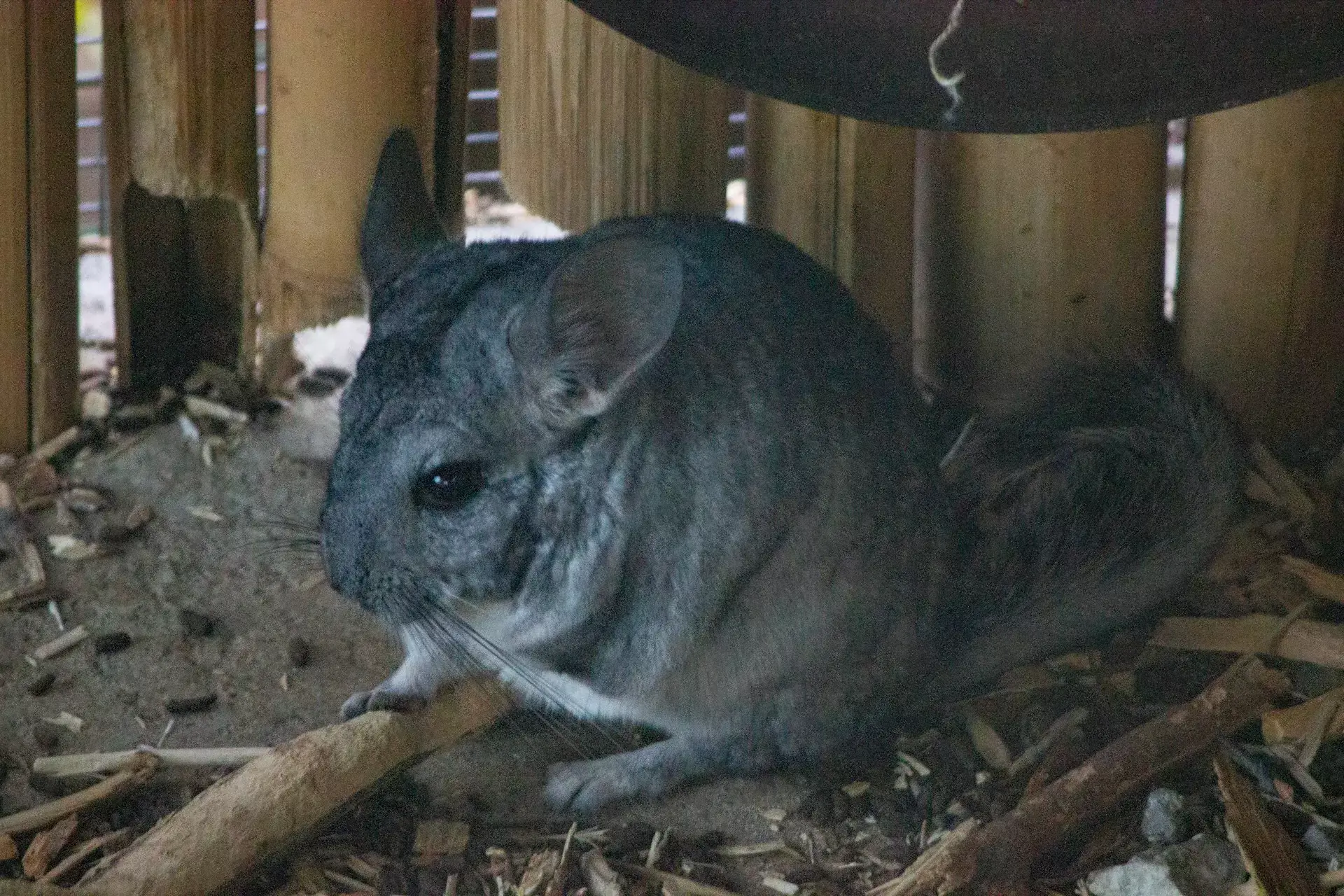Summer Reptile Care
Do you have a pet reptile? Snakes and lizards definitely prefer the summer heat over winter cold. However, the hot weather brings both pros and cons for reptile owners. A New Albany, IN vet offers some information on this below.
Temperatures
Reptiles can only self-regulate their temperatures by moving from hot to cool zones and vice versa. It’s important for your pet to have both warm and cool areas to go to. In winter, the danger is in habitats getting too cold. In summer, the issue tends to be the opposite: your pet may get too hot, and not be able to cool down. Monitor conditions in your reptilian pal’s cage carefully.
Humidity
Many reptiles also have specific humidity requirements, in addition to the temperature ranges. This is another area where you may need to be a bit more diligent. (Automated misters or sprayers can take a lot of the guesswork out of this.)
Hydration
Make sure your reptile always has options for staying hydrated. Some need soaking pools, while others should be allowed time to soak in a bath or tub several times a week. Iguanas, for instance, need regular soaking. Your tiny dinosaur may appreciate a few extra swim sessions when it’s hot.
Outdoor Excursions
Some reptiles enjoy and benefit from spending time outside. Natural sunlight can be beneficial. However, you’ll need to put your pet’s safety first. Don’t let reptiles outside unattended, and make sure they’re secured. As far as gear, you can find leashes made for larger lizards. There are really cute ones made for iguanas or bearded dragons. Just choose an adjustable one. Keep in mind that lizards tend to bolt up trees. This is an instinctive behavior, as they are prey animals in the wild. Be aware of your surroundings.
Overheating
Reptiles can suffer from heat stroke, just as any other animal can. Keep an eye out for warning signs. These include panting, shaking, staggering, disorientation, reduced appetite, difficulty perching, reduced droppings, and unconsciousness. Your pet may also try to escape their cage. If you see any of these symptoms, immediately bring your scaled friend to a cooler (but not cold) environment, and offer them some water. Then, contact your vet or an emergency clinic for further instructions.
Do you have questions about your pet’s health or care? As your local New Albany, IN pet hospital, we’re always here to help!



